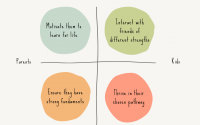6 Exam Revision Tips for Students From Teacher Monica
It’s October, which means that the year-end examinations are approaching. We hope that your child’s revision has been going smoothly so far and in this blog post, we will be sharing some additional exam revision tips from our very own Superstar Teacher Mrs Monica Leong. Read on to find out!
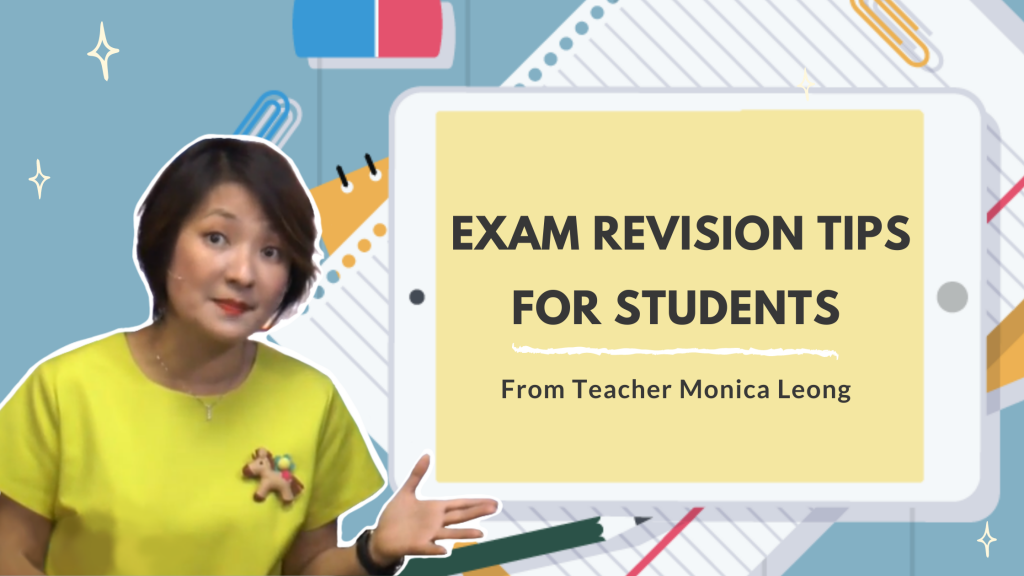
1. Start early
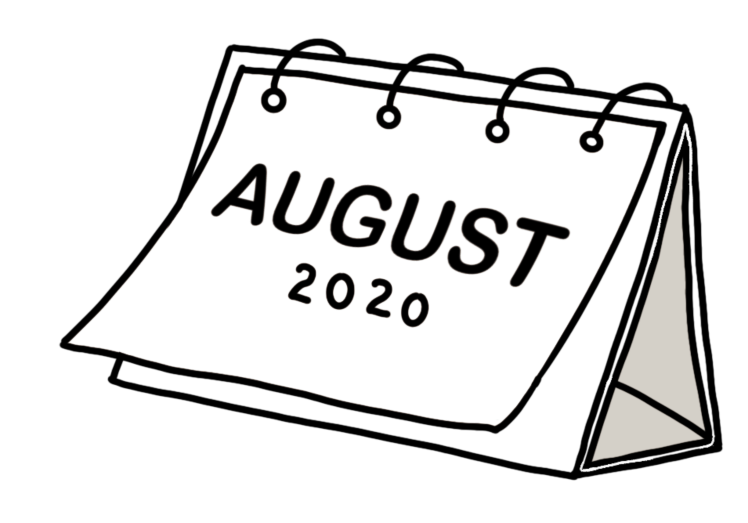
For students who have yet to start revising for the year-end exams, get started today! Revision should be ongoing since the work is built on one another. Having consistency is better than going through a final cram as the latter stresses everyone.
2. Break down revision into manageable parts

For subjects like Math and Science, students can refer to their school files and the worksheets given and then list down the various topics covered for the year. It is easier to list the Science and Math topics. As for English and Mother Tongue, it might be based on practice papers. By looking through their previous work, they can get a grasp of which topics they are confident in and which they are not strong in. This is so that they can put energy in areas that they need more help in. In general, students will want to spend time on what they are already good at because it is “easy”. But it’s really what they are weak in that needs time to understand and practise on.
3. Create an exam revision timetable
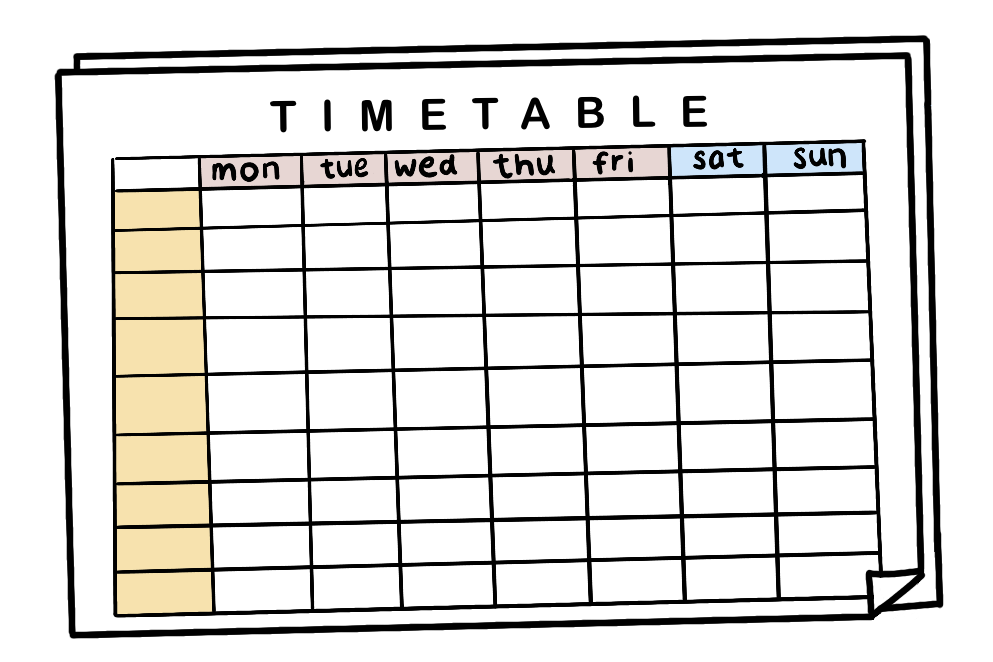
Let’s say a student has decided to allocate 1-1.5 months as the revision period. Make a table of 7 days with 1-hour time slots for the 1-1.5 months. Put in all the necessary and fixed activities such as school, supplementary classes, tuition classes and CCA. After that, include the meal time, shower time and sleep time. Do not forget to add in homework time!
Look at the remaining “blank” spaces and the list of topics in point (2). Insert the topics into the boxes and decide how much time is needed. Do not be overly-ambitious and try to study too many subjects in a day.
4. Subject-specific tips
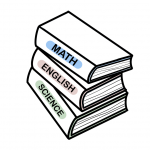
Science
- Revise by drawing topical mind maps to recall what has been learned. This also makes for easy review later on.
- For MCQs, practise law of elimination. Instead of choosing the right option, look at the 4 options and ask why 3 of them are not the correct answer. Doing this during revision can help to reinforce science facts.
Math
- Conduct time drills, such as doing 20 MCQs within 15 minutes or 5 problem sums within 20 minutes.
- Students should review formulae to make sure they know them at the tips of their fingers.
- As far as possible, train up mental calculation as over-reliance on calculators can dull number sensitivity.
English
- Annotate comprehension passages.
- Read model compositions and highlight good words and phrases to use.
- Memorise some commonly used proverbs and idioms.
- review grammar rules and formats of structural writing (for P5 and P6 students)
5. Stay calm and keep your stress levels down

Stress is caused by unmet expectations and these expectations can be self-imposed. Do not revise late into the night especially on the eve of the exam. Students should eat well and it is totally fine to indulge in an occasional treat!
6. Do not forget to rest or have some downtime

Have regular logical breaks in between study blocks. Some students have longer school hours because of supplementary classes. These should also be considered as study blocks.
The amount of rest time depends on the individual. Some students can sit for a long time to work while some cannot. However, a student must minimally be able to sit and work at the desk for the same amount of time as sitting for an exam. For example, 1.5h at P5-level. As a guide, try to have 2-3 pockets of 30-60 min of break in between work.
Let us be part of your child’s education journey today! Do call us at 63415516 or email us at enquiry@superstarteacher.com if you have any questions.



